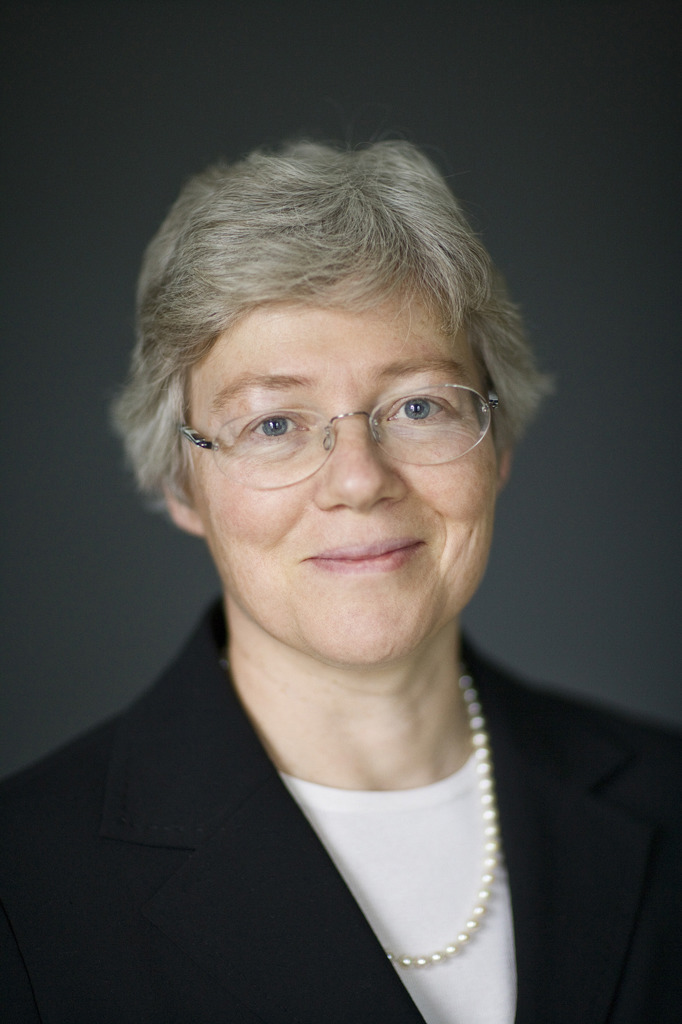Anne L'Huillier
Anne L'Huillier

Nobel Laureate and Optica Fellow Anne L’Huillier received her doctoral degree from the Commissariat à l’Energie Atomique (CEA) and l’Université Paris VI, France. She received the Doctor Honoris Causa from the Friedrich Schiller University, Germany, and from the Université Pierre et Marie Curie, France. She held a permanent research position at Commissariat à l’Energie Atomique (CEA), France before joining Lund University where she is currently a Professor in Atomic Physics.
L’Huillier is one of the pioneers in the research fields of high harmonic generation and attosecond science. In 1988, she participated in one of the first to demonstrate the highly non-linear process of high-order generation experimentally. She contributed to the theoretical understanding of these processes, including the strong-field atomic response and propagation in the nonlinear medium. She was also one of the first researchers to see the potential to use the extreme ultraviolet pulses that are generated through high harmonic generation to produce even shorter pulses. L’Huillier’s recent work using attosecond pulses has been focused on the fundamental process of photo-ionization. Using attosecond pulses, she has demonstrated that it is possible to probe the associated time delay in the photo-ionization process in many different systems.
She is a Fellow of the Society and APS, an international member of the National Academy of Science, and she has received wide recognition for her work, including the Blaise Pascal Medal in Physics, Carl Zeiss Research Award, L’Oréal-UNESCO Award for Women in Science. She is Doctor Honoris Causa at the Friedrich Schiller University, Germany, and at the Université Pierre et Marie Curie, France.
In 2021, she became the first woman to win the Max Born Award, "for pioneering work in ultrafast laser science and attosecond physics, realizing and understanding high harmonic generation and applying it to time-resolved imaging of electron motion in atoms and molecules."
On 3 October 2023 L’Huillier was awarded the Nobel Prize in Physics, along with Pierre Agostini and Frenec Krausz, for experimental methods that generate attosecond pulses of light for the study of electron dynamics in matter.
Multimedia
Document Created: 26 July 2023
Last Updated: 04 October 2023
